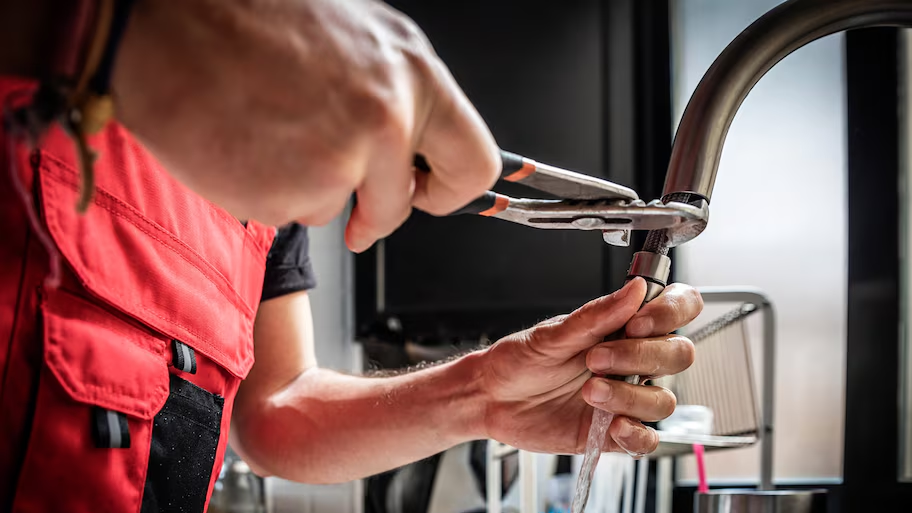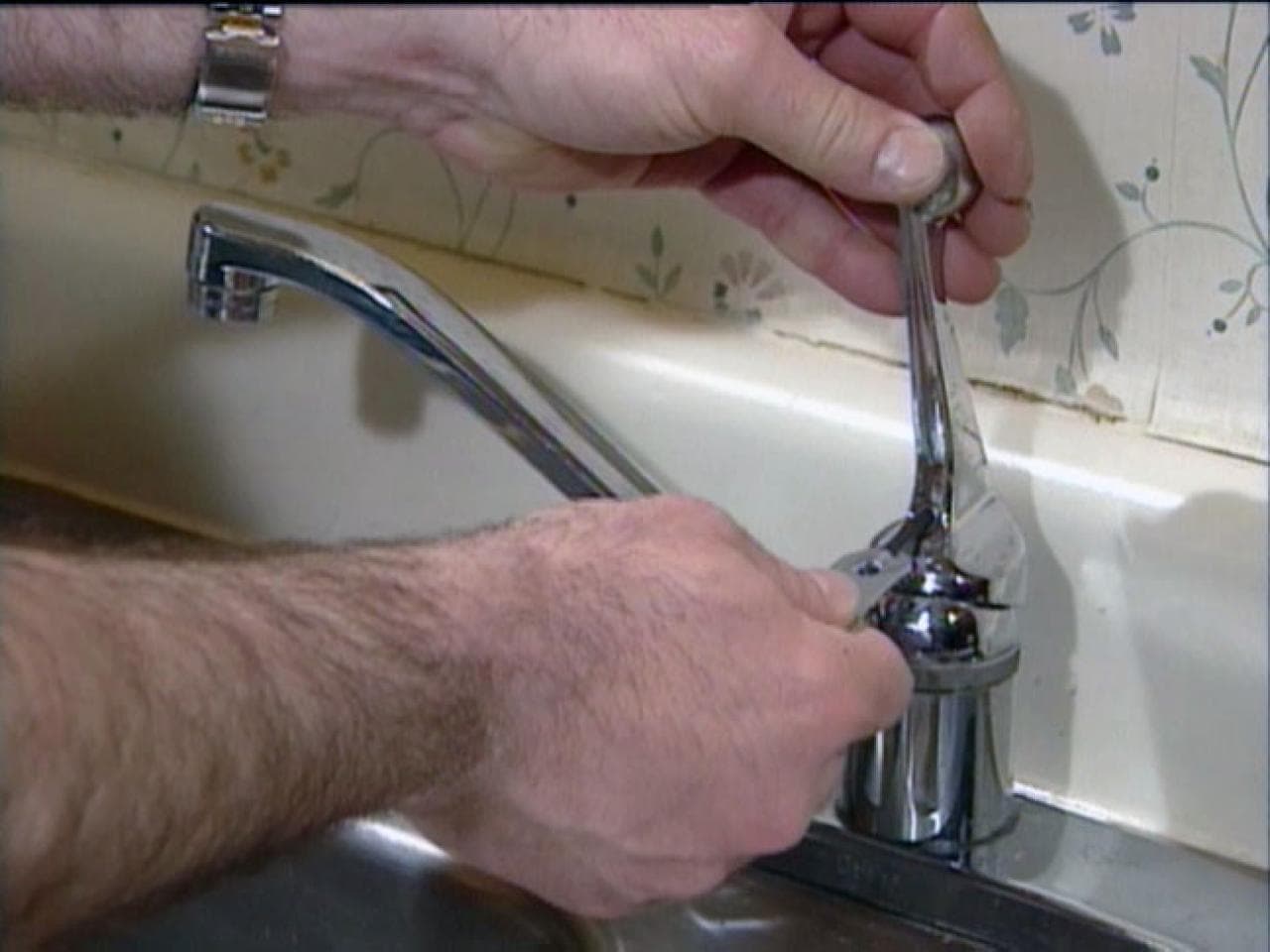Your Causes Behind Resolving a Faulty Faucet
Your Causes Behind Resolving a Faulty Faucet
Blog Article
What're your insights and beliefs about Why Is It Important To Fix Your Leaking Tap/Faucet??

Trickling faucets may appear like a minor aggravation, however their impact goes beyond simply the annoyance of the noise. From wasting water to incurring unneeded monetary costs and health and wellness threats, neglecting a leaking tap can bring about different effects. In this write-up, we'll delve into why it's crucial to address this typical family problem without delay and properly.
Wastefulness of Water
Environmental Effect
Leaking faucets add significantly to water wastefulness. According to the Epa (EPA), a solitary tap leaking at one drip per second can lose more than 3,000 gallons of water each year. This not only stress water sources however likewise impacts environments and wildlife dependent on them.
Step-by-Step Overview to Repairing a Dripping Tap
Devices Required
Prior to attempting to take care of a leaking faucet, gather the necessary devices, including a flexible wrench, screwdrivers, replacement components (such as washers or cartridges), and plumber's tape.
Typical Faucet Issues and Their Solutions
Determine the type of tap and the particular problem causing the drip. Typical issues include damaged washing machines, rusty valve seats, or malfunctioning O-rings. Refer to manufacturer directions or online tutorials for step-by-step support on repair services.
Financial Prices
Raised Water Bills
Beyond the environmental effect, leaking taps can inflate water costs substantially. The gathered waste in time equates into greater utility expenses, which could have been stayed clear of with prompt repair services.
Prospective Building Damage
In addition, prolonged trickling can cause damage to components and surface areas bordering the faucet. Water buildup can trigger discoloration, rust, and also structural concerns if left unattended, leading to added fixing costs.
Health and wellness Problems
Mold And Mildew and Mold Growth
The consistent presence of wetness from a trickling tap develops an ideal environment for mold and mildew growth. These fungi not only compromise indoor air quality but also position health and wellness dangers, especially for individuals with respiratory problems or allergies.
Waterborne Conditions
Stagnant water in leaking faucets can end up being a breeding ground for bacteria and various other microorganisms, increasing the threat of waterborne conditions. Pollutants such as Legionella germs prosper in stagnant water, potentially bring about severe health problems when consumed or inhaled.
DIY vs. Expert Fixing
Benefits and drawbacks of DIY Fixing
While some may attempt to deal with a trickling faucet themselves, DIY fixings come with their very own collection of obstacles. Without correct knowledge and tools, do it yourself efforts can exacerbate the issue or result in insufficient repairs, prolonging the problem.
Benefits of Hiring an Expert Plumber
Employing an expert plumber guarantees that the underlying cause of the dripping tap is resolved properly. Plumbing professionals have the know-how and devices to diagnose and fix faucet concerns effectively, saving time and decreasing the threat of additional damages.
Environmental Duty
Private Payment to Conservation
Taking obligation for dealing with dripping taps aligns with wider initiatives towards water conservation and environmental sustainability. Every person's activities collectively make a considerable impact on protecting priceless sources.
Sustainable Living Practices
By prioritizing punctual repairs and adopting water-saving routines, people add to lasting living techniques that benefit both present and future generations.
Preventive Measures
Regular Upkeep Tips
To stop leaking faucets, carry out routine maintenance such as cleaning aerators, evaluating for leaks, and changing worn-out parts immediately. In addition, consider mounting water-saving devices or updating to much more effective fixtures.
Importance of Prompt Fixes
Attending to trickling taps as quickly as they're noticed prevents more water waste and possible damage, eventually conserving both water and money over time.
Influence On Building Value
Perception of Well-Maintained Residential Property
Keeping a home in good condition, consisting of resolving upkeep issues like dripping faucets, enhances its perceived value and desirability amongst prospective purchasers or tenants.
Impact on Resale Value
Qualities with well-maintained plumbing fixtures, consisting of faucets, command greater resale values in the realty market. Resolving trickling taps can add to a positive perception throughout building examinations and negotiations.
Final thought
Dealing with a dripping faucet exceeds plain benefit; it's an essential action toward conserving water, reducing monetary prices, and safeguarding health and wellness and building. Whether via DIY repair work or expert help, acting to deal with trickling faucets is a tiny yet impactful way to advertise liable stewardship of resources and contribute to a much healthier, a lot more lasting future.
How to Fix a Leaky Faucet: Step-by-Step Repair Guide
A leaky faucet may seem like a simple annoyance, but if it's not fixed promptly, that leak could cost hundreds to potentially thousands. From water damage to mold, mildew, and high water bills, even a tiny leak can be catastrophic if left unattended. Damage like this can even affect the overall value of your home, so it's important to take the right approach for leaky faucet repair. You may need the help of a plumber in some cases, but we've got a few tips you can try on how to fix a leaky faucet before calling the pros.
Four Faucet Types
When you're learning how to fix a leaky faucet, the first step is knowing what kind of faucet you're working with! There are four common types.
Cartridge Faucets
Cartridge faucets come in one- or two-handled varieties. In one-handled cartridge faucets, hot and cold water combines in a single cartridge. In the two-handled versions, hot and cold water are controlled separately and mixed in the faucet.
Ball Faucets
Ball faucets have a single lever you push up and down to adjust the pressure and rotate to change the temperature. A slotted metal ball controls the amount of water allowed into the spout.
Compression Washer Faucets
They're the oldest type of faucet, but they're still used in many homes — especially older ones. Compression faucets have two separate handles that, when turned, raise or lower the washer that seals a water valve. This valve stops water from flowing through the faucet when it is turned off.
Disc Faucets
Disc faucets rarely need to be repaired due to their maintenance-free design. The water flow is controlled by two discs — the upper one raises and lowers against a fixed lower disc, creating a watertight seal. If your disc faucet starts leaking, you may need to replace the seals or clean residue buildup from the inlets.
Fixing a Leaky Faucet
Step 1: Turn Off the Water
Whether you're learning how to fix a leaky bathtub faucet or how to fix a leaky kitchen faucet, always turn off the water supply to your working area when you're fixing a leak. The last thing you want is a flood added to your list of things to fix.
Look for the shutoff valves below your sink or around the tub and turn them clockwise to stop the water flow. If your faucet doesn't have shutoff valves, you may need to turn off the water for the whole house. Check to make sure it's off by turning the faucet on. If nothing comes out, you're ready to start the repair.
Step 2: Take Apart the Faucet
How you disassemble your faucet depends on the type of fixture you have. You can use a flathead screwdriver to remove the caps on top of the handle or handles for cartridge and compression faucets. Inside, you should see handle screws. Unscrew these with a screwdriver to remove the handle.
Disc- and ball-style faucets will typically have an inlet screw near the handle, and removing that will reveal the interior of the faucet.
Detach the Valve Stem
For cartridge- and compression-style faucets, you'll see the inner valve stem or cartridge once you remove the faucet handles. If you have a compression faucet, unscrew the brass valve stem. If you have a cartridge faucet, pull out the cartridge. If your cartridge has been in place for a while, it may require some tools or extra force to remove it due to mineral deposits.
Examine and Replace Parts
Once you've removed the parts, check them out to confirm what needs to be replaced. You may see corroded rubber washers, O-rings, stems, or cartridges. On a ball-style faucet, check the seats and springs for damage.
If you need to repair a leaky disc faucet, check the inlet and seals on the lower disc.
Once you determine what parts must be replaced, visit your local hardware store. Bring the damaged parts with you to ensure you can purchase the correct components to replace them.
Clean Valves and Faucet Cavity
If you've removed a stem or cartridge, you may notice mineral buildup in the faucet's threads. Use white vinegar to clean the valve seat by soaking it for a few minutes, then scrub it away with a soft toothbrush and rinse with warm water. You can also clean the interior of the faucet in the same way.
Reassemble the Faucet
Once your faucet is cleaned and the required parts have been replaced, it's time to reassemble it. Put the pieces back together and slowly turn the water supply back on. Doing this slowly is crucial because too much initial water pressure can damage the new hardware you've just installed.
https://homewarranty.firstam.com/blog/how-to-fix-leaky-faucet

We hope you enjoyed our topic about Water Dripping from Faucet: Why and How to Fix. Thanks for spending some time to read through our piece. Do you know somebody else who is inquisitive about the topic? Do not hesitate to share it. We thank you for reading our article about How to Fix a Dripping or Leaky Faucet .
Report this page